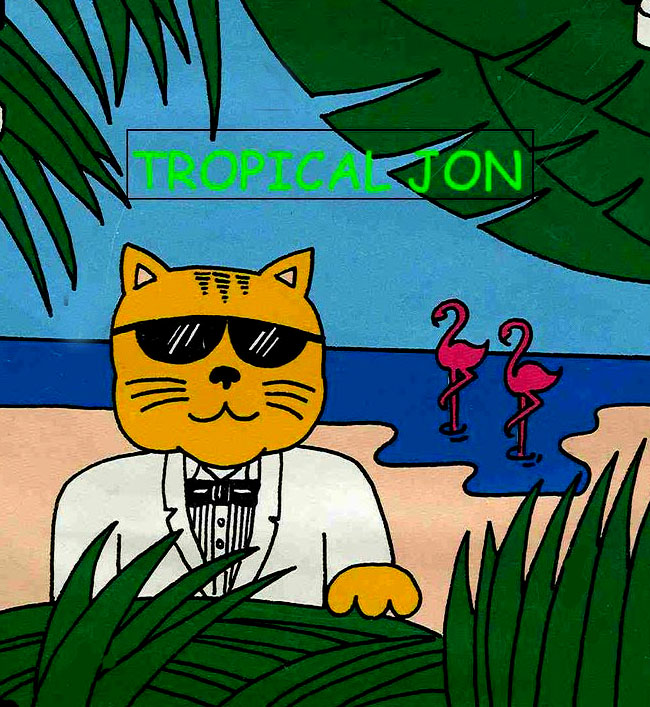For three years, Mark Dinning was an unsuccessful recording artist, trying to cultivate a country career with such songs as "Ramblin' Man," "The Streets of Laredo," and "I'm Just a Country Boy." Then he was given (by his song writing sister) a morbid song about a girl who was killed by a train while retrieving her boyfriend's ring. In February 1960, “Teen Angel” rose all the way to the top of the US charts. The “morbid tune” was banned by the BBC, but nevertheless the song managed to creep into the lower regions of the UK Top 40. As one of the first examples of "death dirges", "Teen Angel" spawned dozens of similar songs. Mark Dinning dies in a 1986 car crash when he had a heart attack while driving home from a gig…
"Tell Laura I Love Her", a teenage tragedy song written by Jeff Barry and Ben Raleigh, was an American Top Ten popular music hit for singer Ray Peterson in 1960 on RCA Victor Records, reaching #7 on the U.S. Billboard Hot 100 chart. Later that same year, the song was recorded and released by Ricky Valance in the United Kingdom, where it went all the way to the #1 spot in the UK Singles Chart. "Tell Laura I Love Her" has been a hit in 14 countries, and has sold over seven million copies (Wikipedia)
Sonley Roush the manager of Frank Wilson & The Cavaliers brought the group a song originally recorded by Wayne Cochran named "Last Kiss". It was first released on Le Cam (722) and then on Tamara (761), before it became a hit in June 1964 on Josie Records (Josie 923). It reached the Top 10 in October that year, eventually reaching #2 on the Billboard Hot 100, sold over one million copies, and was awarded a gold disc.
While driving in Ohio later that year, Roush fell asleep at the wheel, and they collided head-on with another vehicle. Roush was killed and Wilson injured to the extent that he was on crutches for the American Bandstand performance a short time later.
Frank Willson and The Cavaliers in the studio recording Last Kiss in1964
Deadman’s Curve was a hit for Jan and Dean in 1964:
On April 12, 1966, Berry received severe head injuries in an automobile accident just a short distance from Dead Man's Curve in Los Angeles, California, two years after the song had become a hit.
But it didn’t really start with “Teen Angel.” There were plenty of teenage tragedy tunes before that. I’m gonna skip the Don Covey tune (Black Denim Trousers) with his group ‘The Cheers’—you can follow the link if you care to...
I’ll start with Endless Sleep, was a hit for a dude by the name of Jody Reynolds in 1958. Even though the “sweetheart” is rescued by the third chorus, I think this started the genre…
Can’t skip The Big Bopper’s "Running Bear,” a song written by J. P. Richardson (aka The Big Bopper) sung most famously by Johnny Preston in 1959. Preston first sang the song in 1959 with background vocals by Richardson and George Jones, who do the Indian chanting of "UGO UGO" during the three verses, as well as the Indian war cries. It was number one for three weeks in January 1960 on the Billboard Hot 100 in the United States. The song also reached number one in the UK in 1960. Tried to find Norman and the Frut’s version, but it’s just not available to share. Here’s the Johnny Preston original version…
Preston was signed to Mercury Records, and "Running Bear" was released in August 1959, seven months after Richardson's death in the plane crash that also killed Buddy Holly and Ritchie Valens.
Can’t leave out "Leader of the Pack"
(U.S. #1, UK #11), which climaxes with roaring motorcycles and breaking glass. UK re-issues peaked at #3 in 1972 and #7 in 1976. The song epitomized the "death disc"; just like Ray Peterson's "Tell Laura I Love Her", Jan and Dean's "Dead Man's Curve", J Frank Wilson and the Cavaliers's "Last Kiss," Mark Dinning's "Teen Angel," etc, etc, etc.
D.O.A. is a 7" vinyl single by Texas hard rock band Bloodrock released under Capitol Records in early 1971. The version of "D.O.A." featured on the single is roughly half the length of the album version found on Bloodrock 2. The motivation for writing this song was explained in 2005 by guitarist Lee Pickens. “When I was 17, I wanted to be an airline pilot,” Pickens said. “I had just gotten out of this airplane with a friend of mine, at this little airport, and I watched him take off. He went about 200 feet in the air, rolled and crashed.” The band decided to write a song around the incident and include it on their second album (Wikipedia)
Days of Graduation, by the Drive By Truckers, is a first person narrative about a fatal car crash the night before the victims' high school graduation…Not real happy with the quality of this video, but check it out..
Probably the latest in this genre is a not so well known group known as L. Stadt. Check out their 2010 tune about the death of a surfer girl…
YA KNOW WHAT!?!?!
IT’S ONLY ROCK ‘N ROLL!!!





























